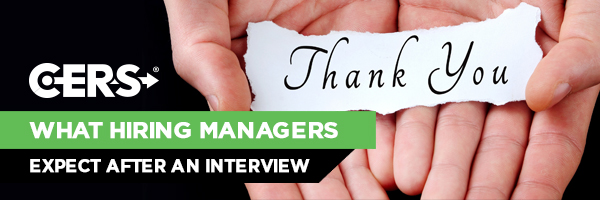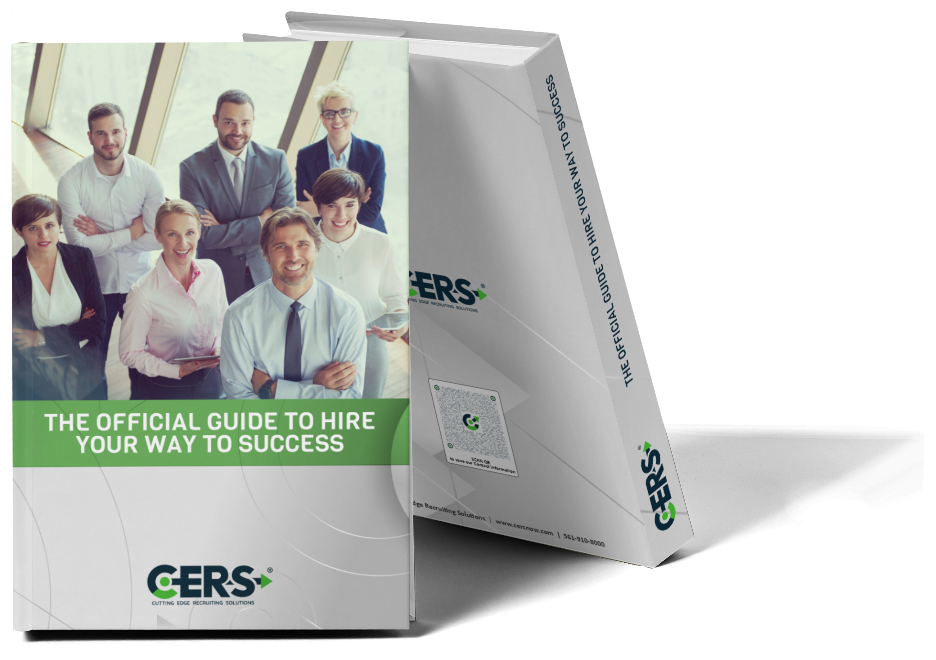After a successful interview, it’s very common to want to email your interviewer the moment you get to your computer.
Don’t.
The minute you walked out the door, they likely just finished scribbling a few final notes, moved on to the next interview, started calling other candidates, or is drafting an offer letter for you; however, they have not forgotten about you. In any case, it’s unwise to call them immediately to avoid becoming a nuisance. Instead, be diligent but patient in your communication. Here are a few helpful hints to follow for sound candidate etiquette.
- Ask before leaving. At the conclusion of the interview, try to pin down the “next step.” Don’t be aggressive by asking if you got the job, but be direct in letting your interviewer know that you’re interested and never leave without having clear expectations. “I’ll follow up in a few days” is not clear; instead, try “when should I call you if I don’t hear from you?” or “When is the best time to follow up with you?”
- The follow up E-mail. If after being direct, you still receive an ambiguous response, don’t take it personally. It is often read as a disinterest, but it can just as easily mean your interviewer has one hundred other things crossing their mind at that moment, and frankly isn’t sure when a good time would be. Instead, send an Email the next day thanking them for the time and opportunity.
- Three days later. After sending your email, if you don’t receive a reply of some sort, it’s (still) most likely that your interviewer has a packed work scheduled and is trying to juggle multiple responsibilities. Wait 1-2, then try calling.
While most interviewers will be very candid about letting you know the status – even if you weren’t what they’re looking for – after about 2 or 3 weeks, it’s probably best to let them contact you. Sending a follow up email a few months later wouldn’t hurt, however – a different position may have opened up or the other candidate may not have worked out.
At CERS, we are a top recruiting agency serving the Boca Raton area, and can help you find your best position – even if it’s not the first position you interview for. Rather than looking for specific roles, we prefer to understand your talents and skills thoroughly, and find the best career opportunity, ensuring long-term job satisfaction. Perhaps more importantly though, we know you’re not just another number, but a human behind your resume, and it is our mission to treat you and help you accordingly. Contact us today to see how we can help you.









